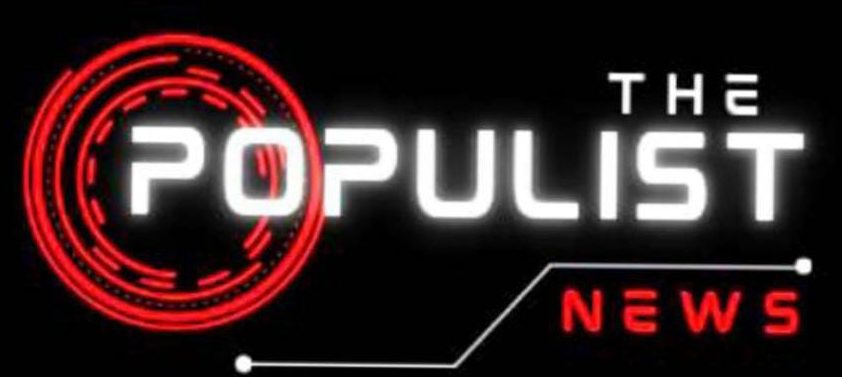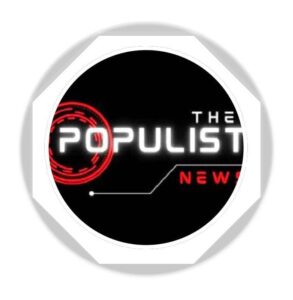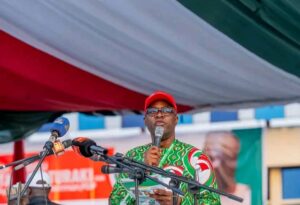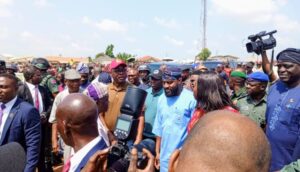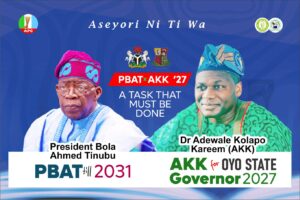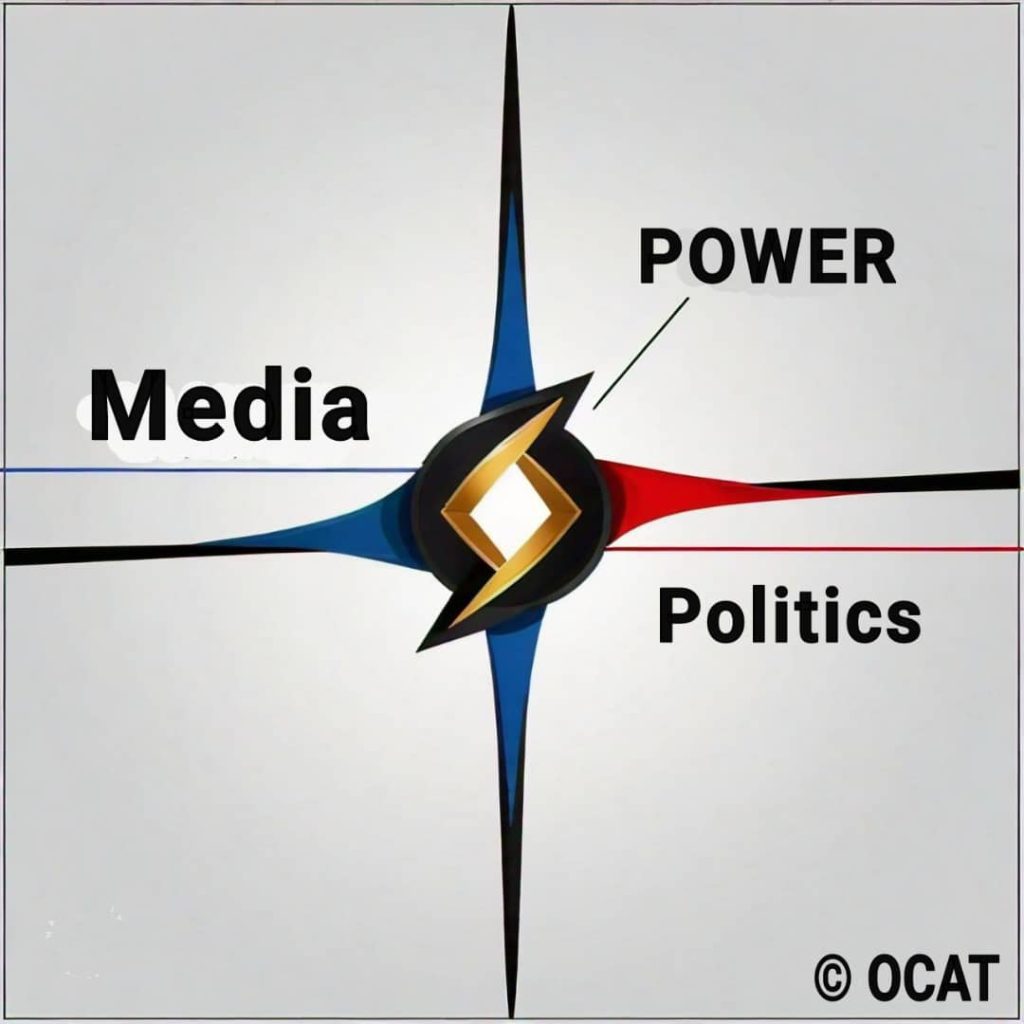
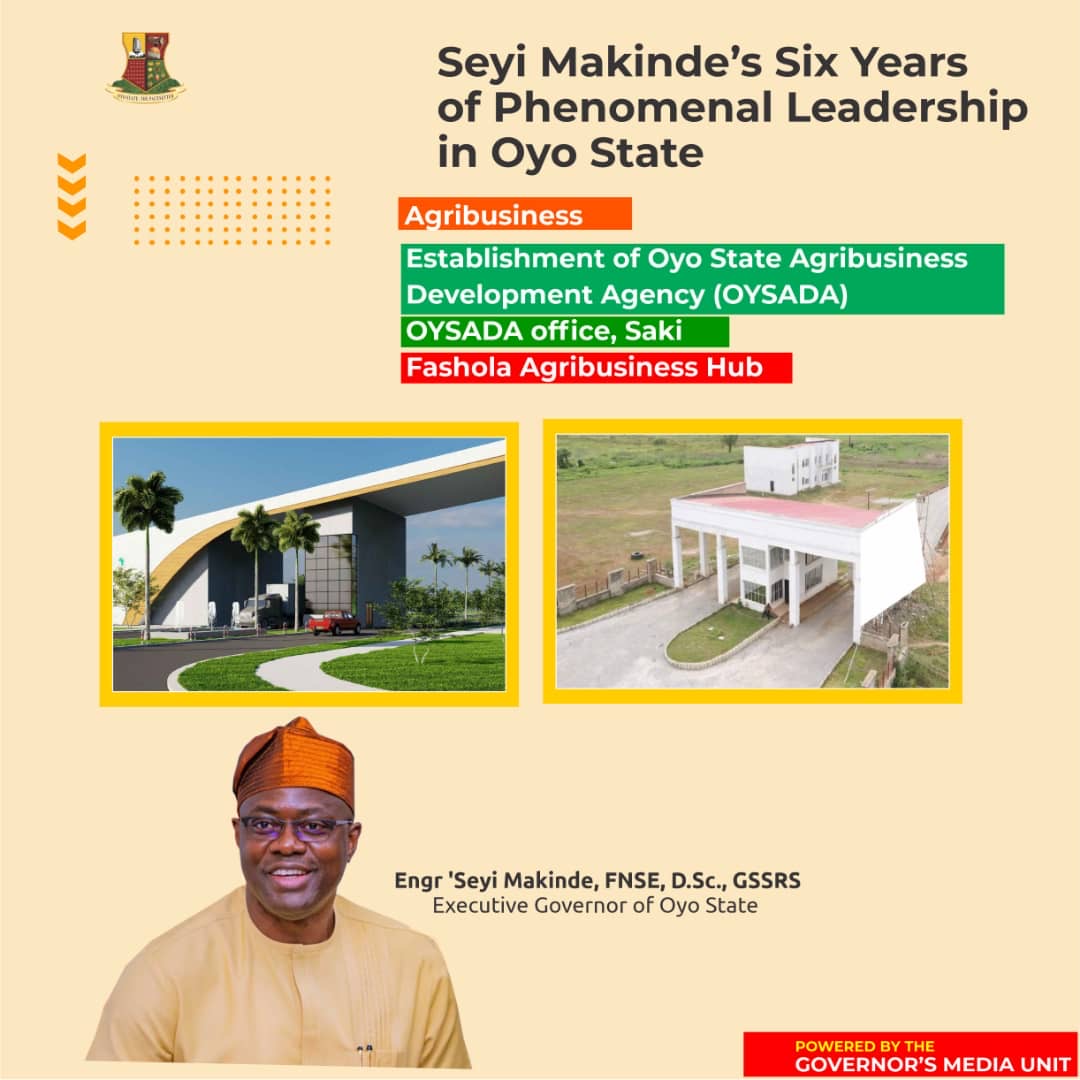
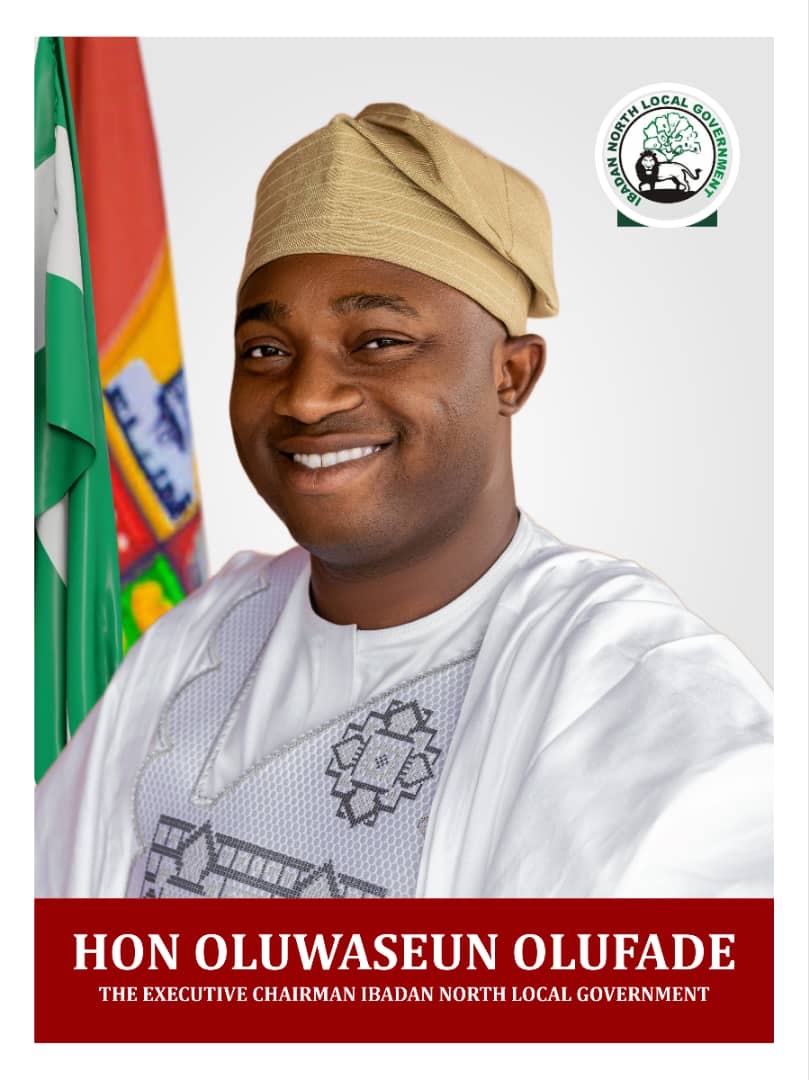
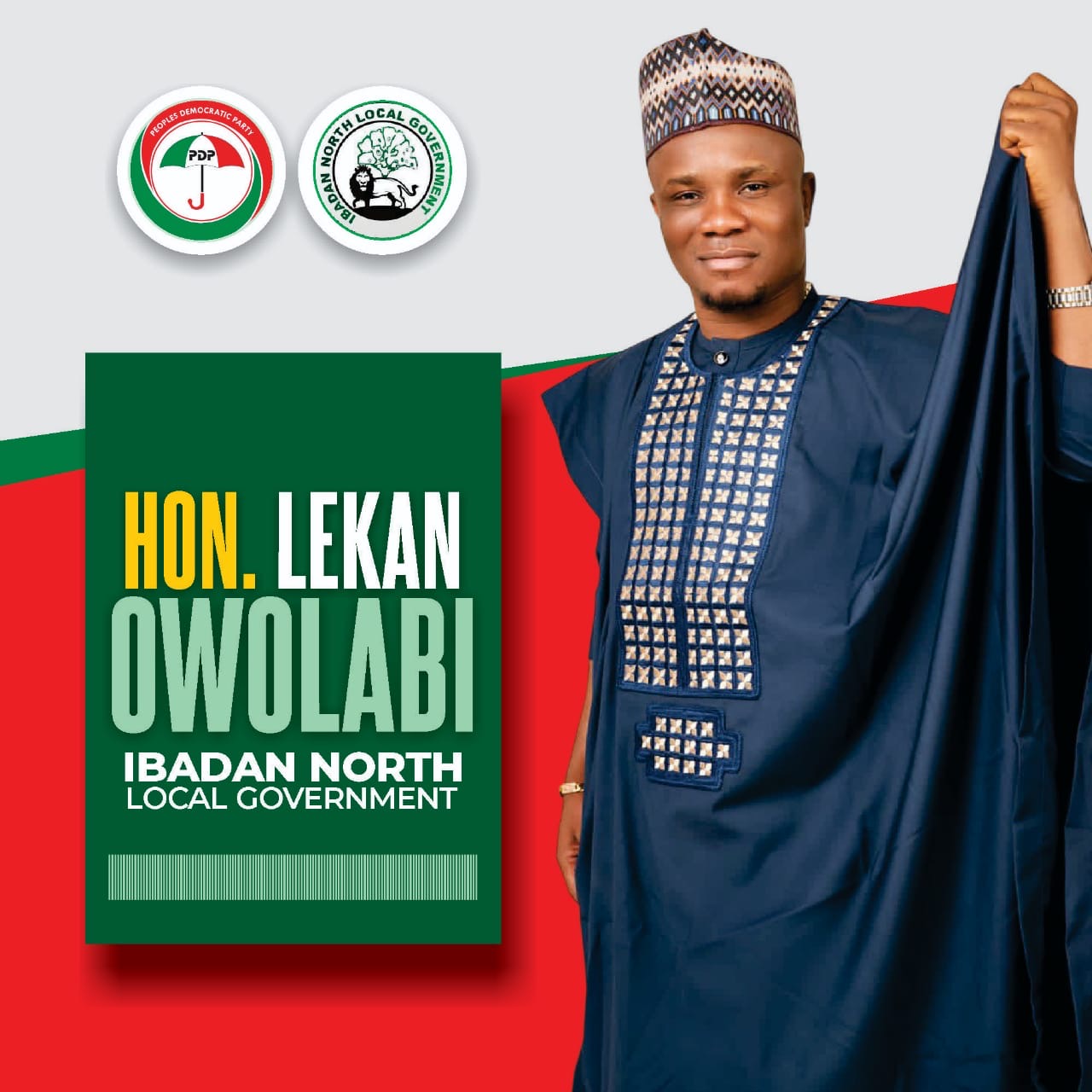
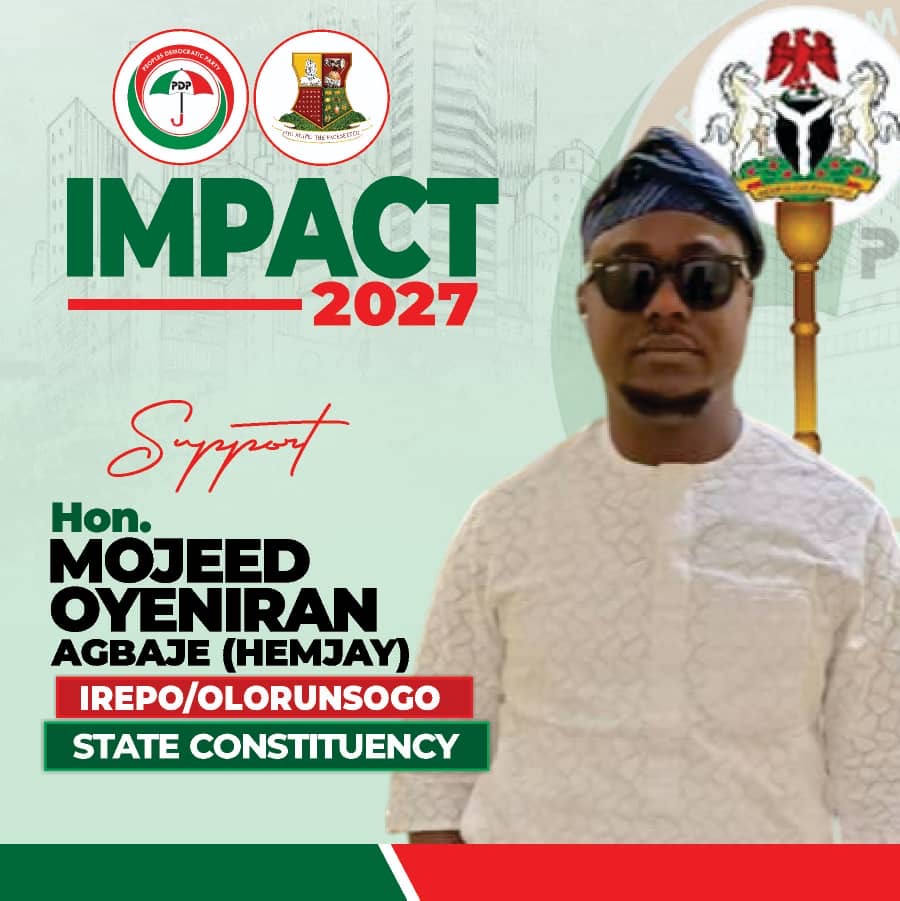
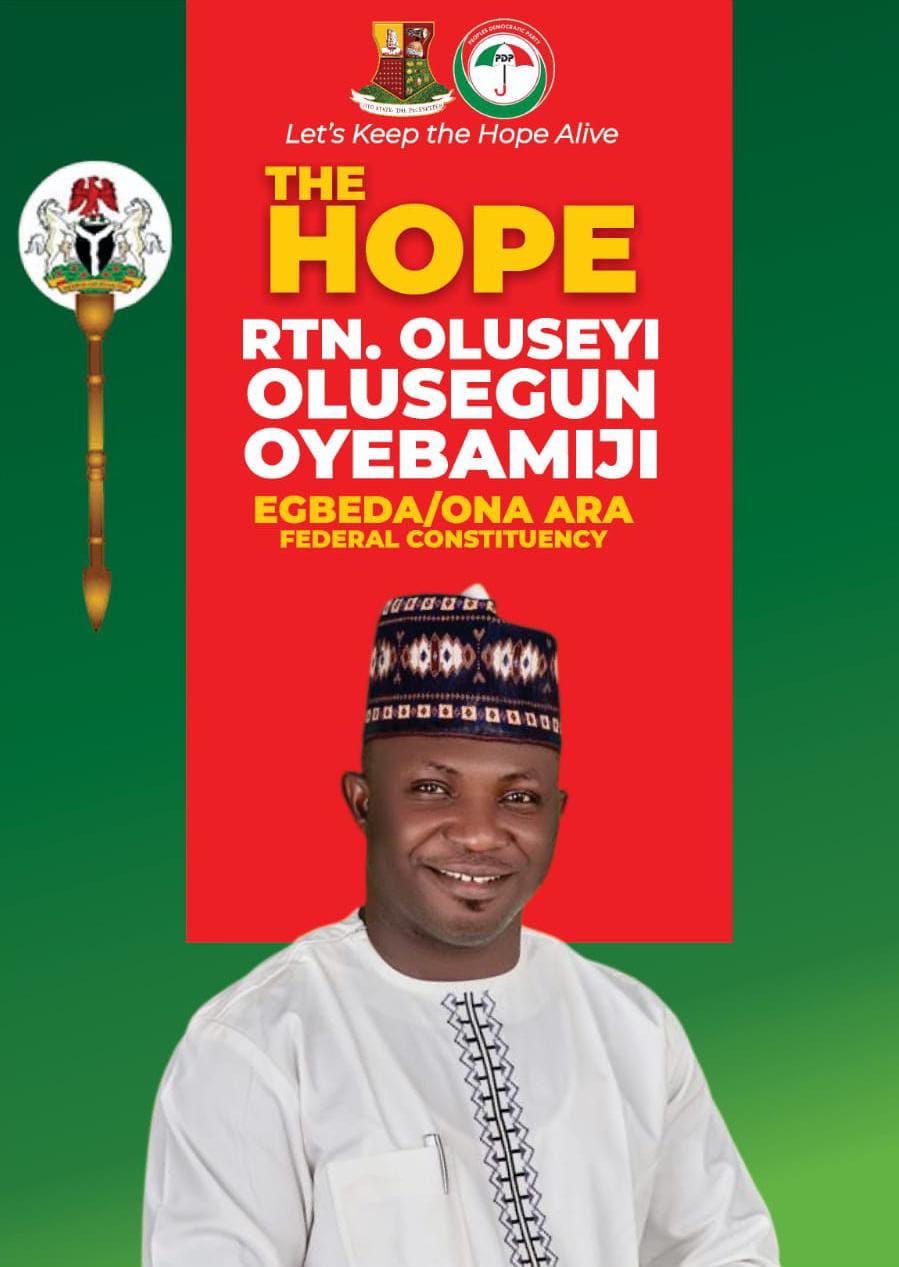
The intricate relationship between media and politics is indeed a delicate dance, where both entities must navigate their respective roles to maintain public integrity and accountability. As you’ve highlighted, the media serves as a watchdog, ensuring transparency and scrutinizing political leaders, while also examining policies, campaigns, and political figures to empower citizens.
However, this relationship is often fraught with tension, particularly with the rise of partisan media outlets blurring the lines between news and opinion. This shift can skew public perception and erode trust in both media and political institutions. To mitigate this, integrity remains crucial, involving a commitment to truth, fairness, and transparency.
Understanding this relationship is essential for fostering a healthy democracy. At our best, the media serves as a watchdog, scrutinizing political leaders and ensuring transparency. Investigative journalism has exposed corruption, misinformation, and abuses of power, making it a cornerstone of democratic societies.
The media’s role in examining policies, campaigns, and political figures illuminates issues that matter to citizens, empowering them to make informed decisions at the ballot box.
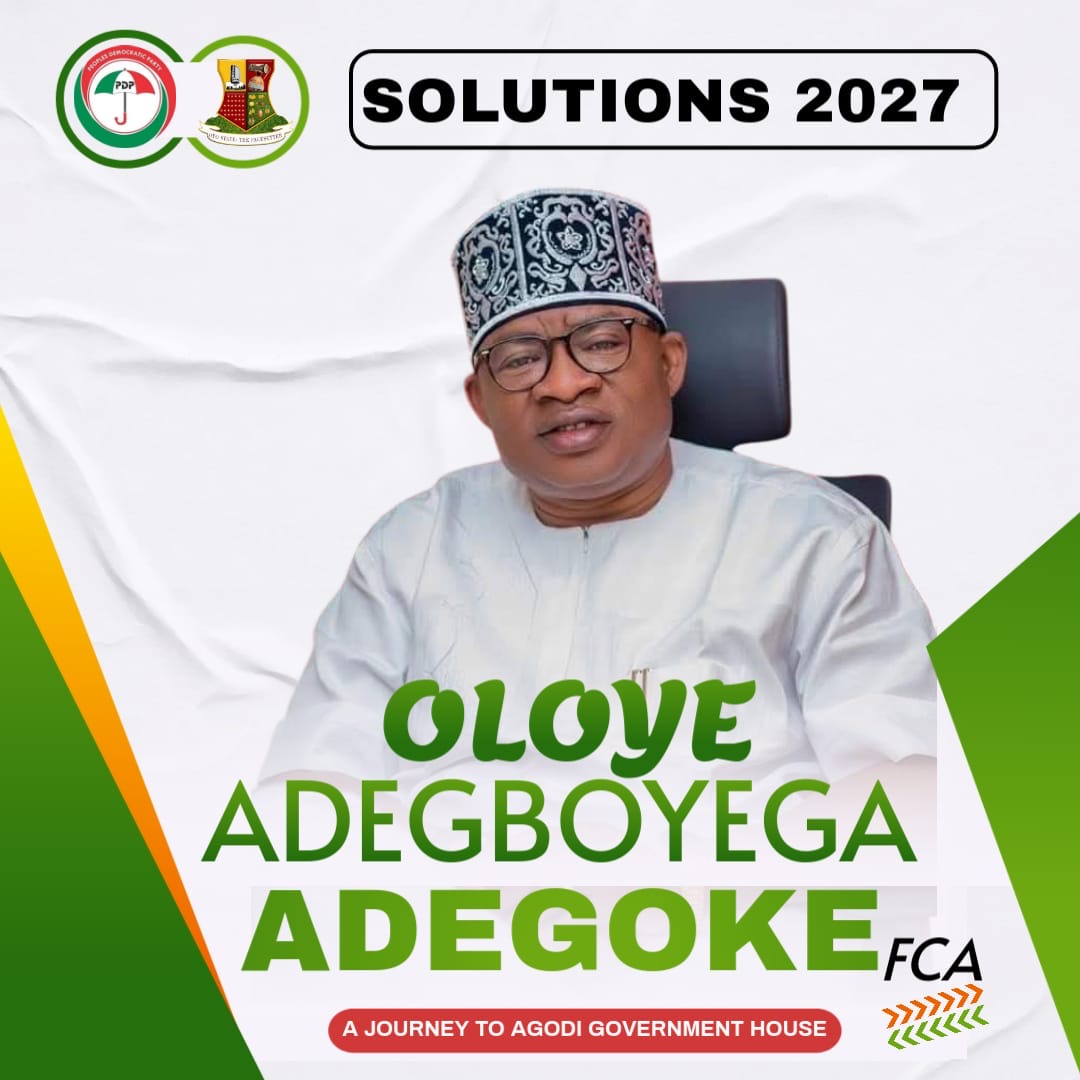
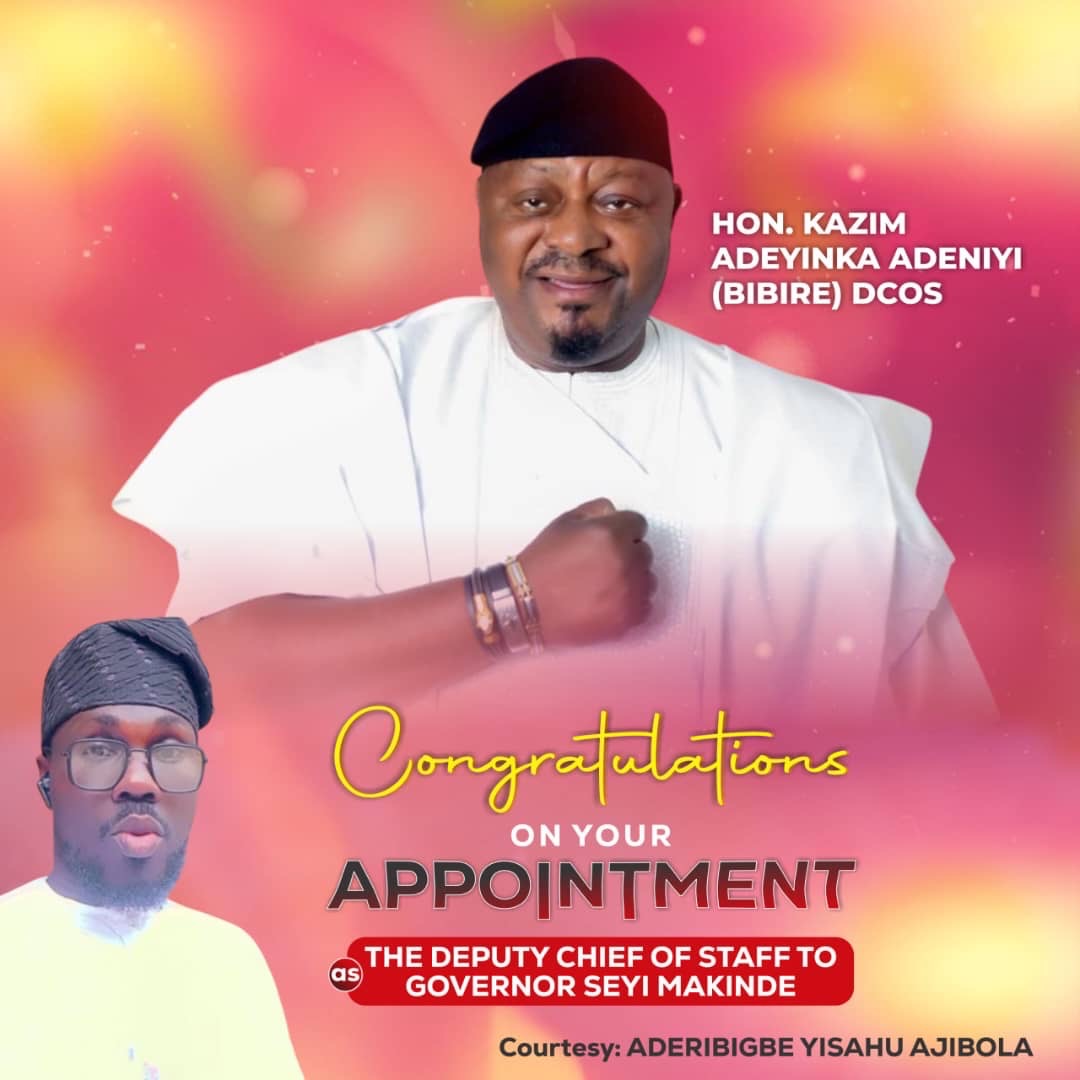
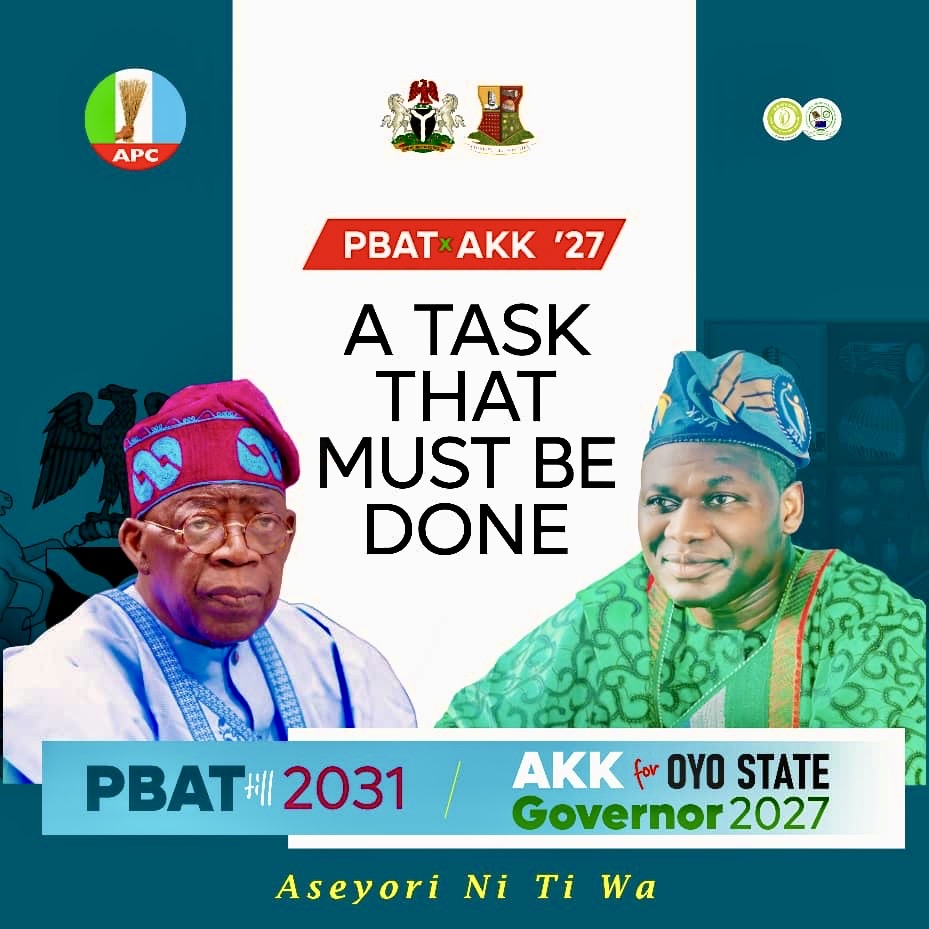

However, this relationship is often fraught with tension. The rise of partisan media outlets has blurred the lines between news and opinion, often prioritizing sensationalism over factual reporting. This shift can skew public perception and erode trust in both media and political institutions. When news becomes a tool for political agendas rather than an impartial source of information, the risk of misinformation and division increases.
Yet, integrity remains the fulcrum upon which this relationship balances. For the media, integrity involves a commitment to truth, fairness, and transparency. Journalists must adhere to ethical standards, fact-check rigorously, and present diverse viewpoints. Similarly, politicians must engage with the media honestly, recognizing its role in fostering public dialogue and understanding.
Both sectors must navigate their respective responsibilities with a commitment to serving the public good. Politicians who embrace transparency and accountability create an environment where the media can thrive as an independent watchdog. Conversely, media outlets that prioritize ethical journalism can encourage a political climate grounded in integrity and trust.
In recent years, we have witnessed both the fragility and resilience of this relationship. Scandals and crises often reveal the necessity of a vigilant press. Yet, it is equally important to recognize the instances where the media has risen to the occasion, providing crucial information during critical moments, such as elections or public health emergencies.
The challenge lies in fostering a culture that supports integrity in both politics and media. Public education around media literacy is vital; citizens must be equipped to discern credible sources from those that are not. Moreover, political leaders should champion media freedom, understanding that a robust press is fundamental to the health of democracy.
In conclusion, while media and politics may seem to operate independently, our convergence at points of integrity is crucial for the functioning of a democratic society. Both must acknowledge our roles in upholding the values of transparency and accountability. By acknowledging their roles in upholding transparency and accountability, media and politics can converge at points of integrity, strengthening public trust and engagement for years to come.
Olusegun C. A. Taiwo, A Multimedia Consultant of OCATTECH VENTURES & Publisher of 9ja News 247 writes from Ibadan, the capital city of Oyo State.
